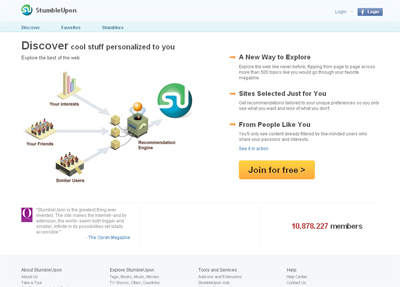Internet Explorer, the most widely used web browser in the world, has often been in the news of late because of its involvement in the recent, well-publicized hack of Google and other corporations, allegedly by the Chinese government. Since a vulnerability in Internet Explorer 6 (IE6) is alleged to be one of the ways the hackers got into Google’s network, Google has joined the chorus of companies planning to phase out support for IE6 and are urging users to upgrade to Internet Explorer 8 (IE8). That chorus includes Facebook, YouTube, Digg, some European governments, and even Microsoft itself. There was even an “IE6 Must Die” petition on Twitter.
Now K-State is joining the chorus too. SIRT is proposing that on April 1, remaining instances of IE6 on campus be upgraded to IE8. For campus computers that use K-State’s central WSUS server, this update will be pushed automatically. System administrators managing their own WSUS environment or using some other way to manage application updates on Windows computers are urged to do the same.
If you have concerns about this update being pushed to campus computers on April 1, please discuss it with your SIRT representative or Harvard Townsend, K-State’s chief information security officer and chair of SIRT.
Continue reading “Internet Explorer 6 (IE6) to be updated to IE8 on April 1” →



